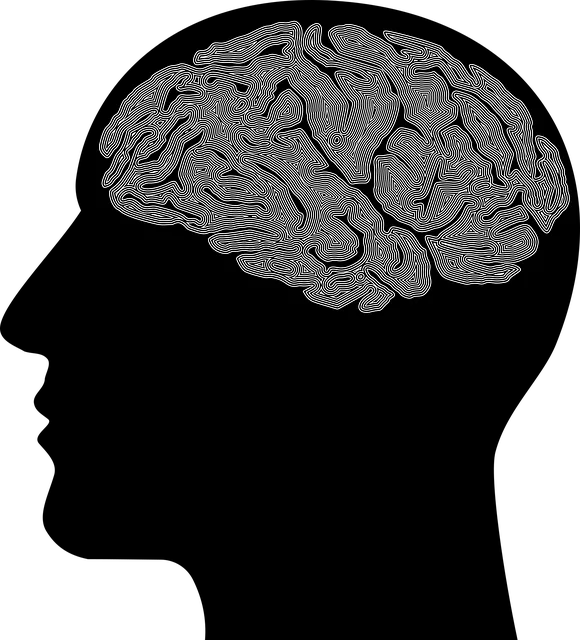The Crisis Intervention Team (CIT) at Lone Tree Kaiser Permanente behavioral health number provides specialized, immediate support for mental health crises. Through evidence-based communication strategies, risk management planning, and interactive workshops, CIT members build empathy, facilitate de-escalation, and promote personal growth. Lone Tree Kaiser Permanente's innovative training programs empower individuals, bridge healthcare gaps, and foster community resilience, revolutionizing crisis intervention and enhancing behavioral health outcomes.
Crisis Intervention Team (CIT) training programs are invaluable resources in behavioral health, equipping professionals with essential skills to support individuals in crisis. This article explores the critical role of CITs and delves into specialized training initiatives, focusing on Lone Tree Kaiser Permanente’s innovative approach. We examine how their program enhances community support for behavioral health, particularly in the context of the growing demand for such services. By understanding these training models, we can improve access to effective crisis care.
- Understanding Crisis Intervention Teams: A Vital Resource in Behavioral Health
- Training Programs for CIT Members: Essential Skills and Techniques
- Lone Tree Kaiser Permanente's Approach: Enhancing Community Support through Specialized Training
Understanding Crisis Intervention Teams: A Vital Resource in Behavioral Health

Crisis Intervention Teams (CITs) are a vital resource in behavioral health, offering crucial support to individuals facing severe emotional distress or mental health crises. These teams, often comprising mental health professionals and first responders, provide immediate assistance tailored to the unique needs of each individual. At Lone Tree Kaiser Permanente behavioral health number, for instance, CIT members are trained to use evidence-based communication strategies to de-escalate situations and offer compassionate care.
The role of a CIT extends beyond immediate crisis resolution. They also facilitate Risk Management Planning for Mental Health Professionals, equipping them with Conflict Resolution Techniques to navigate challenging interactions safely and effectively. By fostering open dialogue and promoting understanding, these teams contribute to creating a more supportive environment for both clients and healthcare providers, ultimately enhancing the overall quality of mental health services.
Training Programs for CIT Members: Essential Skills and Techniques

Crisis intervention team (CIT) members play a vital role in providing immediate support during mental health crises. Effective training programs equip them with essential skills and techniques to navigate complex situations with care and competence. At Lone Tree Kaiser Permanente behavioral health number, for instance, CIT training emphasizes building empathy as a foundational strategy. Through interactive workshops and role-playing scenarios, team members learn to recognize emotional cues and respond with genuine understanding, fostering an environment where individuals feel heard and validated during traumatic events.
Beyond empathy building strategies, these programs incorporate mental wellness journaling exercise guidance and self-awareness exercises. Journaling prompts participants to reflect on their experiences and emotions, promoting personal growth and resilience. Self-awareness exercises, meanwhile, help CIT members identify their own emotional responses, ensuring they remain calm and centered while assisting others. By integrating these techniques into their repertoire, Lone Tree Kaiser Permanente behavioral health number’s CIT team is better equipped to offer tailored support, enhancing the overall effectiveness of crisis interventions.
Lone Tree Kaiser Permanente's Approach: Enhancing Community Support through Specialized Training

Lone Tree Kaiser Permanente has taken a pioneering approach to crisis intervention by focusing on enhancing community support through specialized training programs. Their initiative aims to empower individuals within the community to better handle and prevent crises, especially among vulnerable populations. By offering comprehensive training sessions, Lone Tree Kaiser Permanente equips participants with skills in stress management, cultural sensitivity in mental healthcare practice, and positive thinking. These tools are vital in fostering a supportive environment where people can navigate challenging situations effectively.
The program’s effectiveness lies in its ability to bridge the gap between traditional healthcare services and community engagement. Through interactive workshops and real-life scenario simulations, participants gain practical knowledge applicable in various settings. This specialized training not only strengthens the community’s resilience but also ensures that those in need receive timely and culturally sensitive support, ultimately improving overall behavioral health outcomes in the Lone Tree Kaiser Permanente service area.
Crisis Intervention Team (CIT) training programs play a pivotal role in enhancing community support for individuals facing behavioral health challenges. As highlighted by Lone Tree Kaiser Permanente’s innovative approach, specialized training equips team members with essential skills to de-escalate crises and connect individuals with appropriate resources. This not only improves outcomes for those in need but also fosters a more compassionate and resilient community. By investing in CIT training, organizations like Lone Tree Kaiser Permanente are demonstrating their commitment to behavioral health and ensuring a better future for all.






